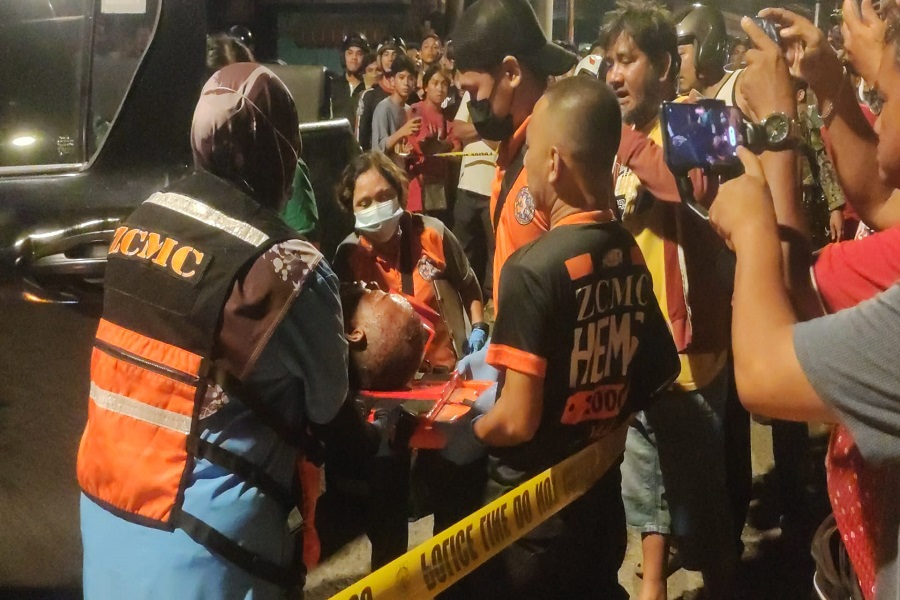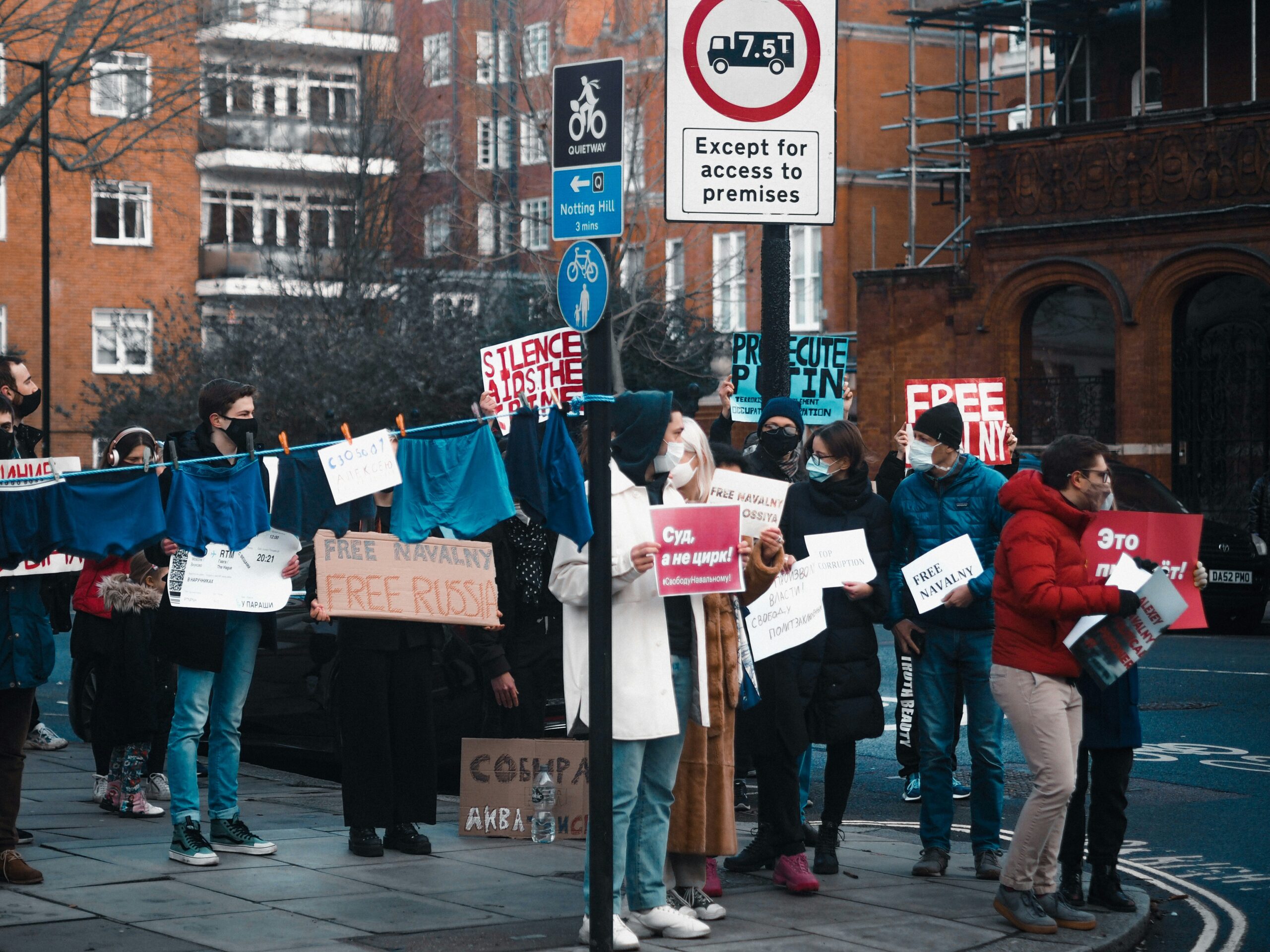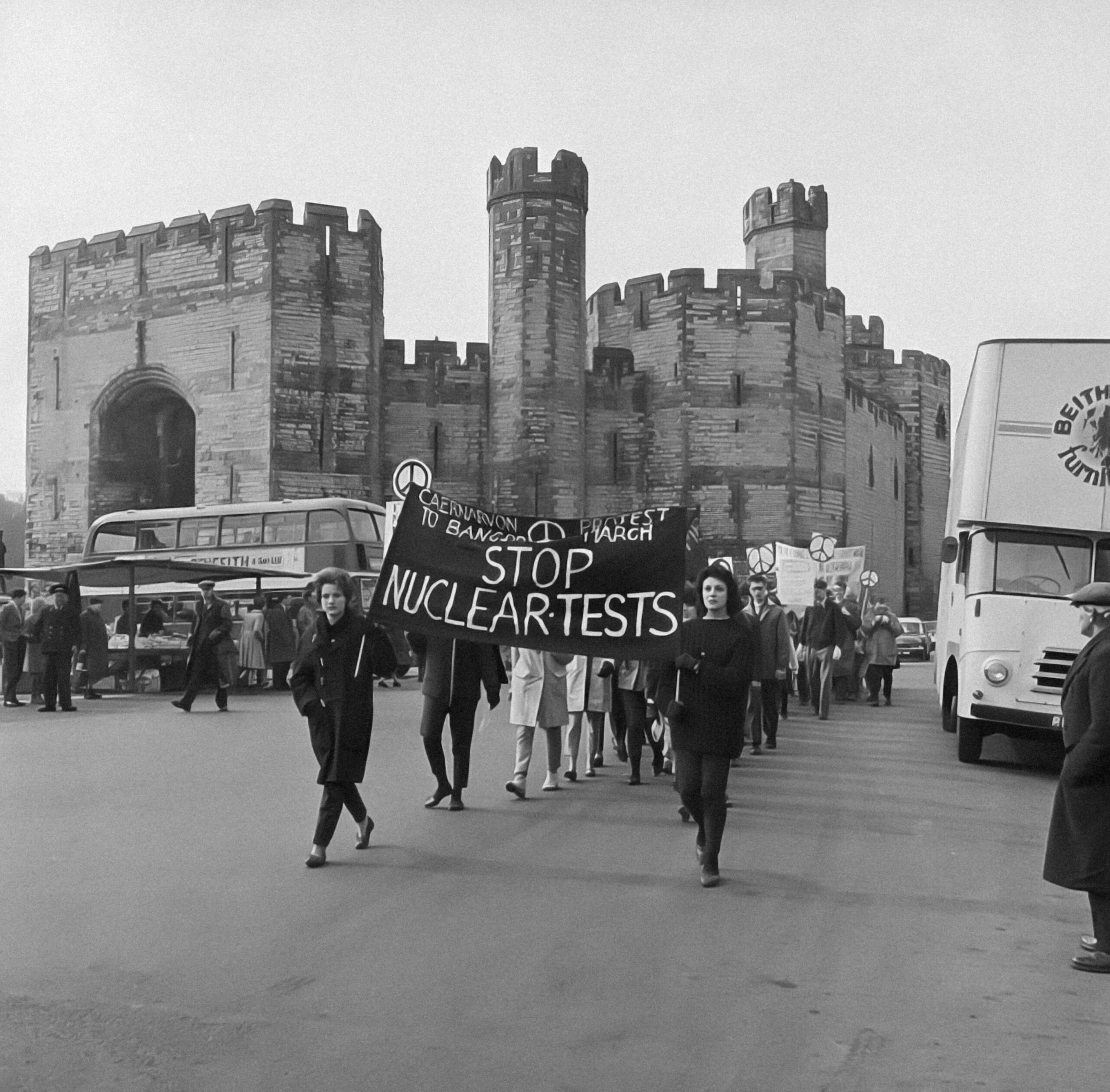Police: Land Conflict, Election-Related Possible Motive of Village Chief, Brother Ambush-Slay

Contributed Photo
Police investigators are looking into land conflict or election-related as the possible motive of the ambush-slay of a Zamboanga Sibugay town barangay chairman and his brother in Zamboanga City on Sunday evening.
Jul-asmad Anjawang, barangay chairman of Pamansaan, Mabuhay, died on the spot after the still unidentified gunmen ambushed the pick-up truck he was riding.
His brother, Jimar Anjawang, was declared dead on arrival at a hospital. The escort, a militiaman, and the driver sustained gunshot wounds.
Police Major Albin Cabayacruz, chief of Zamboanga City Police Station 11, said they are investigating the incident to determine the real motive of the killings.
The slain village chief was embroiled in a land conflict, initial investigations revealed. But it cannot be ruled out that the incoming elections have something to do with the killings.
Election-related violence (ERV) has long plagued the democratic institutions of the Philippines.
It is a concern that undermines the spirit of fair elections and threatens the progress of the nation.
Alarming Reality of ERV
Over the years, the Philippines has witnessed numerous incidents of election-related violence, leaving scars on the democratic process. Areas such as Metro Manila, Western Mindanao, Central Visayas, Eastern Visayas, South Luzon, Central Luzon, and North Luzon have been identified as hotspots for ERV incidents from 2013 to 2019.
Notably, the number of ERV incidents tends to increase as elections draw near, with a significant surge around 100 days prior to the election. This trend reaches its peak on the election day itself. Although most ERV incidents involve unidentified assailants, it is concerning that state actors are frequently targeted. However, citizens are most vulnerable on the actual election day, highlighting the need for increased security measures.
Taking a Stand Against Election-Related Violence
The fight against election-related violence in the Philippines requires a multi-faceted approach. Firstly, there must be a focus on comprehensive data collection and analysis to understand the patterns and dynamics of ERV incidents. The ASOG ERV Database, constructed from online media reports, plays a crucial role in providing insights into the nature of these incidents.
Furthermore, it is imperative for policies to be developed that specifically address the hotspots identified in the country. By targeting these areas with enhanced security measures, law enforcement agencies can greatly reduce the occurrence of ERV incidents.
Educational campaigns and awareness programs also have a pivotal role to play in combating ERV. By educating citizens on their rights and the importance of peaceful elections will empower them to actively participate in the democratic process and reject violence as a means to achieve political goals. (With Reports from Ely Dumaboc)









